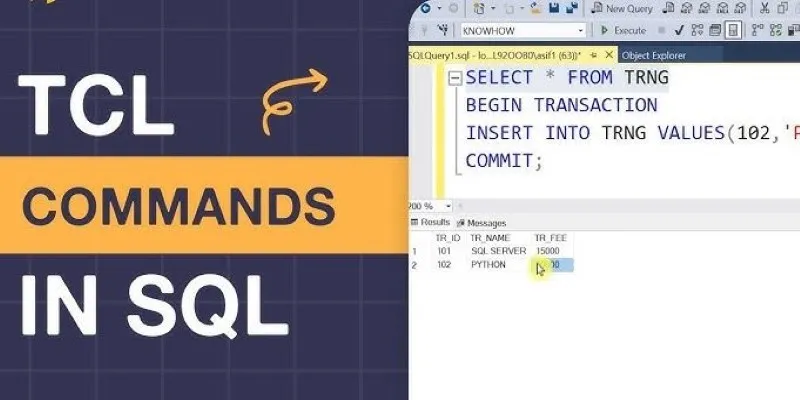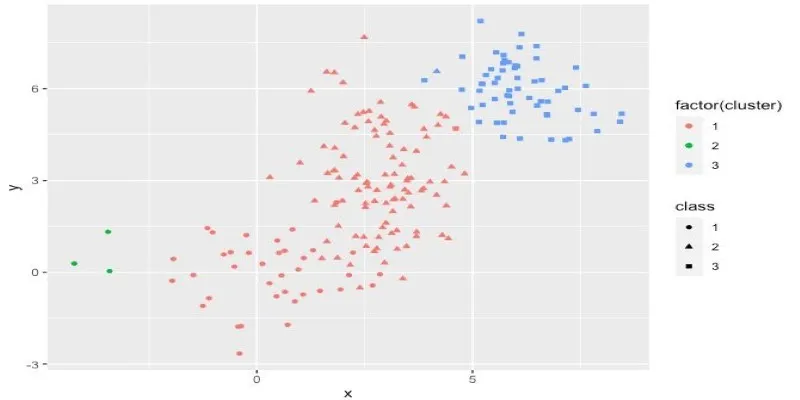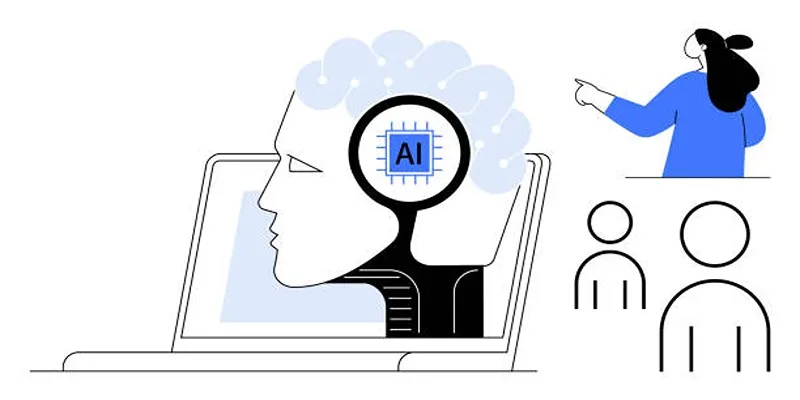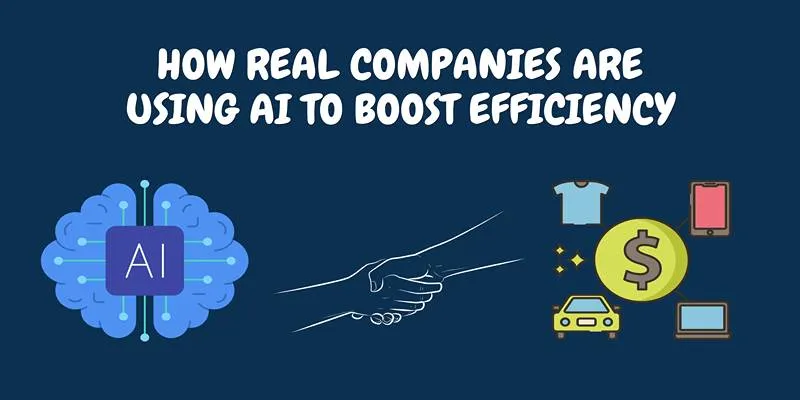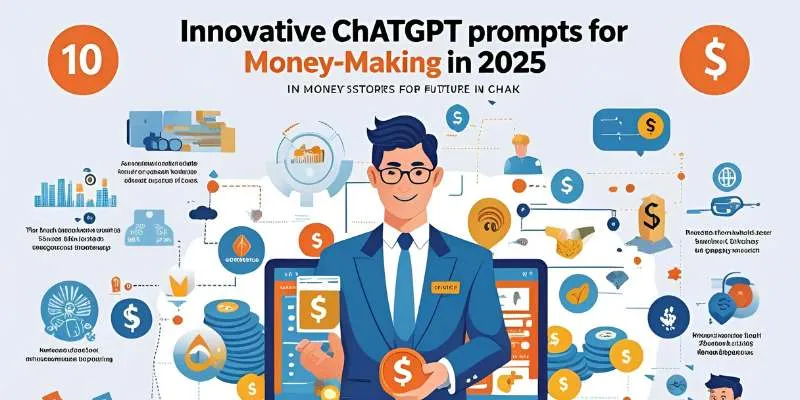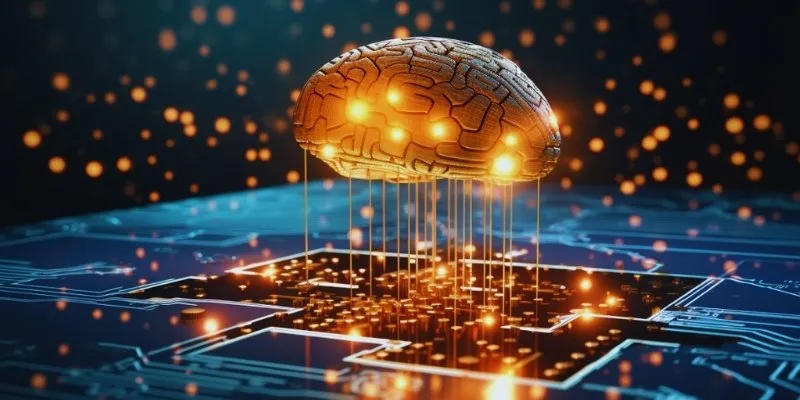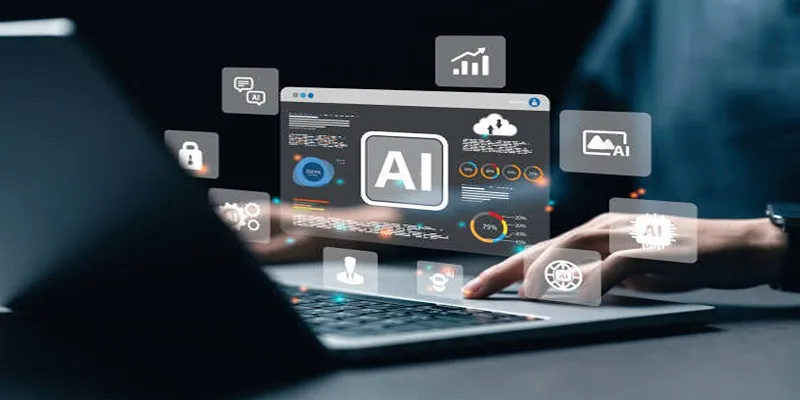Acquisitions and Mergers (M &A) in 2025: The Role of Artificial Intelligence
Acquisitions and mergers (M&A) have long been pivotal strategies for business growth, industry consolidation, and strategic expansion. Traditionally reliant on manual processes and human judgment, the landscape of M&A is rapidly evolving. In 2025, Artificial Intelligence (AI) emerges as a game-changer, enhancing the speed, accuracy, and data-driven nature of one of the most complex business operations.
Across various industries, dealmakers are leveraging AI tools to streamline due diligence, improve deal sourcing, and enhance post-merger integration. As the adoption of AI is projected to grow significantly, companies that integrate these tools early are poised to gain a competitive edge in the fast- paced market.
AI in M&A: Beyond Mere Automation
Artificial Intelligence is redefining the way mergers and acquisitions are evaluated, negotiated, and executed. Through advanced algorithms capable of analyzing vast datasets, AI tools reveal hidden patterns, predict deal outcomes, and even suggest strategic moves, beyond merely automating repetitive tasks.
Professionals in finance, law, and corporate strategy are incorporating AI into their workflows not just to save time but to make more informed decisions. As M&A activity remains robust in 2025, AI is becoming indispensable rather than optional.
Accelerating the Due Diligence Process
The due diligence process has traditionally been one of the most time- intensive stages of any M&A deal. It involves scrutinizing legal contracts, financial records, customer data, and compliance documents to assess risks and ensure deal accuracy. In 2025, AI tools are revolutionizing this stage, making it faster and more reliable than ever.
AI-powered platforms can analyze thousands of documents in hours rather than weeks, identifying errors, missing data, and potential red flags like ongoing lawsuits or privacy violations. Previously, due diligence required extensive collaboration among experts. Today, a smaller team equipped with AI can perform the same tasks more quickly and accurately.
Key Benefits AI Brings to Due Diligence:
- Rapid contract review and clause extraction
- Automated financial data validation
- Real-time risk scoring across departments
- Advanced detection of regulatory non-compliance
This level of speed and accuracy allows acquirers to move swiftly while maintaining confidence in their findings.
Enhancing Deal Sourcing with Intelligent Matching

Identifying the right acquisition target is half the battle. Traditionally, companies relied on networks, investment banks, or market research to uncover potential deals. In 2025, AI transforms this process into a smarter endeavor.
AI algorithms monitor extensive market data, public filings, industry news, and behavioral signals to identify companies that align with a buyer’s strategy. Instead of waiting for opportunities to surface, AI proactively suggests potential matches based on deal history, growth metrics, and even cultural fit, shifting the sourcing approach from reactive to proactive.
With AI, Deal Sourcing Becomes:
- Predictive: Forecasts when a company might be open to acquisition
- Personalized: Matches based on strategic and financial alignment
- Scalable: Assesses thousands of potential targets globally
Investment teams can now cast a wider net while focusing only on the most promising prospects.
Data-Driven Valuations and Fair Pricing
Accurately pricing a company is a core challenge in M &A. Valuations based on outdated or incomplete data can lead to overpayment or missed opportunities. In 2025, AI tools assist stakeholders in arriving at more realistic and transparent valuations. Machine learning models assess financial performance in real-time, incorporating market trends, customer behavior, and operational metrics.
AI Enhances Valuation Processes by:
- Modeling various market scenarios
- Benchmarking against peer companies
- Identifying anomalies in financial statements
- Minimizing emotional or biased assumptions
With smarter pricing comes smarter deal-making.
Smoother Post-Merger Integration
Many deals falter post-signing due to poor integration. Merging two organizations — including systems, teams, and cultures — is a colossal task. In 2025, AI proves to be a valuable asset in navigating this sensitive phase. AI tools provide real-time feedback from employees, highlighting morale drops or productivity shifts. They also map IT systems and workflows to pinpoint potential bottlenecks or incompatibilities.
AI Supports Post-Deal Success Through:
- Sentiment analysis from employee surveys and internal chat tools
- Workflow mapping to detect operational overlaps
- Goal tracking and performance dashboards
- Early warnings on employee turnover or cultural clashes
These insights facilitate a more seamless transition and higher long-term value.
Managing Legal and Regulatory Risks

Compliance is another critical area where AI is making significant strides. Whether dealing with antitrust laws, cross-border regulations, or privacy rules, M&A deals involve intricate legal complexities. In 2025, AI systems assist legal teams in staying ahead of these challenges.
From contract review tools that highlight risky clauses to AI systems that flag regulatory mismatches between countries, these platforms reduce the burden on legal teams and improve deal accuracy.
AI Boosts Compliance By:
- Reviewing contracts at scale for legal inconsistencies
- Monitoring changing laws across jurisdictions
- Providing detailed documentation of all deal activity
- Reducing manual errors in legal paperwork
Companies can now close deals with greater peace of mind.
Predicting Deal Outcomes with Greater Confidence
Every deal carries some level of risk. But what if the chances of success could be predicted with better accuracy? In 2025, predictive analytics powered by AI offers exactly that. By analyzing past M&A performance, AI tools uncover patterns in deals that succeeded or failed. These models now consider variables such as market conditions, leadership experience, product fit, and financial health. With these predictions, dealmakers can focus on high- probability opportunities while avoiding risky bets.
Predictive Tools Can Help Assess:
- Likelihood of integration success
- Future revenue or cost synergies
- Cultural compatibility
- Long-term ROI
Although no model is perfect, these insights provide a data-driven edge to decision-making.
Conclusion
In 2025, AI is fundamentally reshaping how mergers and acquisitions are planned and executed. From due diligence to post-merger integration, AI tools offer unmatched speed, precision, and strategic insights. Companies that leverage these technologies can close deals faster and with greater confidence. Predictive analytics and smarter valuations are replacing guesswork with data-driven decisions, while compliance and legal risks are minimized through AI-powered checks.
 zfn9
zfn9


